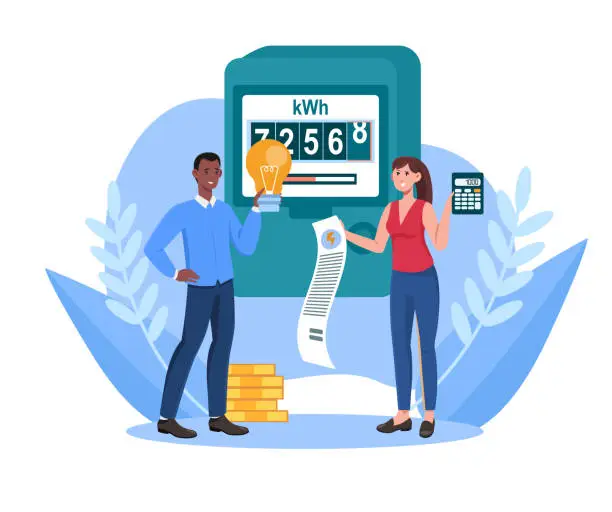
5 Reasons Why Your Utility Bills Are Higher Than They Were
Below, we’ll provide some insight into common reasons why homeowners have such high utility bills—and what you can do about it.
1. Your HVAC equipment needs maintenance.
We know we sound like a broken record, but it’s the absolute truth: without routine maintenance, your heating and cooling system’s performance will continue to decrease while its energy use will continue to increase. By doing something as simple as replacing a clogged air filter, you can reduce your AC’s energy use by 5 to 15 percent. Imagine what getting the entire system tuned up could do.
2. You own aging heating and cooling equipment.
Eventually, all of your home’s systems will need a replacement, and that includes your heater and air conditioner. According to the National Association of Homebuilders, these are the average lifespans you can expect from HVAC systems:
-
Furnaces: 15 to 20 years
-
Air conditioning units: 10 to 15 years
-
Heat pumps: 16 years
These numbers obviously can vary depending on usage and how well-maintained the system is. However, once your unit has reached 15 to 20 years, it’s probably costing you a fortune in cooling costs. At that age, an HVAC system requires more energy than it used to in order to keep your home comfortable. Consequently, you’ll have higher energy bills until you install a replacement.
3. Your HVAC ductwork has a lot of leaks.
Air duct leaks are no joke: you could be losing up to 30 percent of the air moving through your ductwork due to gaps, holes, and air ducts that were never properly connected. We also frequently see air ducts that are pinched too tightly by the bands that hold them in place; this results in restricted airflow.
These ductwork problems can affect both new and old HVAC systems alike. If you’re experiencing problems like high energy bills or consistently weak airflow, it could be well worth the money to get your air ducts sealed, repaired, or replaced, depending on their condition.
4. Your home has plumbing leaks—maybe some you don’t even know about.
Even “small” leaks, like dripping faucets or showerheads, can waste hundreds to thousands of gallons of water in just one year. The more leaks like this around the house that go ignored, the higher your water bills will be over time.
But while some leaks are easy to see, others can go hidden for a long time. The first sign of a hidden leak for most people is an unusually high water bill. Hidden leaks can occur in numerous locations, including:
-
Behind a wall
-
Under the floor
-
Beneath your home’s foundation (this is known as a slab leak)
-
Below ground (this can happen when a main water line breaks)



